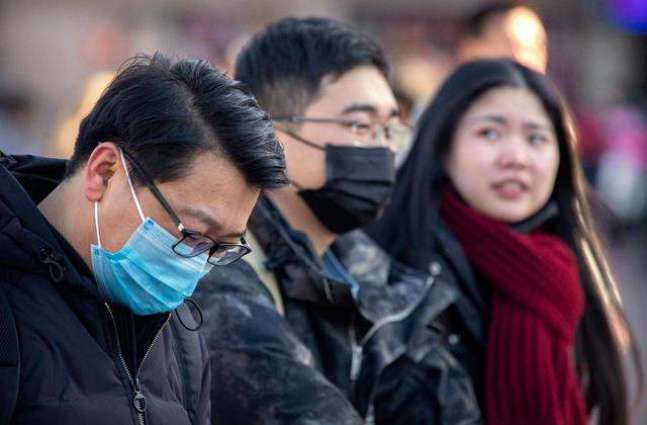The Coalition for Epidemic Preparedness Innovations (CEPI) has recommended "less handshakes" amid the spread of the Novel Coronavirus at a special briefing on the disease on the sidelines of the WEF in Davos
DAVOS (Pakistan Point News / Sputnik - 23rd January, 2020) The Coalition for Epidemic Preparedness Innovations (CEPI) has recommended "less handshakes" amid the spread of the Novel Coronavirus at a special briefing on the disease on the sidelines of the WEF in Davos.
CEPI has entered a partnership with three research teams earlier in the day to develop a vaccine against the new disease.
"In terms of thinking about individuals and their responses ... everybody has a role to play. There are things that individuals can do to reduce their own risks, they are very simple, but if every single person did them, the risk would be massively reduced. These includes being careful to cover yourself when you sneeze, washing hands, being very careful, going for elbow touch instead of shaking hands. It sounds ridiculous, but interventions like these can actually reduce transmission," Richard Hatchett, CEO of CEPI, said.
A health charity official from the UK recalled at the briefing how Africans altered their habits during the recent Ebola epidemics and got used to not shaking hands without much advice from above.
"It's amazing how during Ebola in West Africa and now in DRC elbow touching just became a norm. It's amazing how the interventions can go through populations and they make the decisions themselves. During the Ebola in Africa, nobody shook hands, eveeybody elbowed," Jeremy Farrar, director of Wellcome Trust, a British medical researcher, noted.
The research will be conducted by Inovio Pharma, the University of Queensland, and Moderna, a US biotechnology company.
The unknown type of viral pneumonia was first reported in China's Wuhan in early January and has since been confirmed by China and the World Health Organization to be a new strain of coronavirus, currently being labeled as 2019-nCoV or Novel Coronavirus. The virus has also been detected in the United States, Japan, South Korea and Thailand. At least 17 people have died and over 600 have been infected so far.




